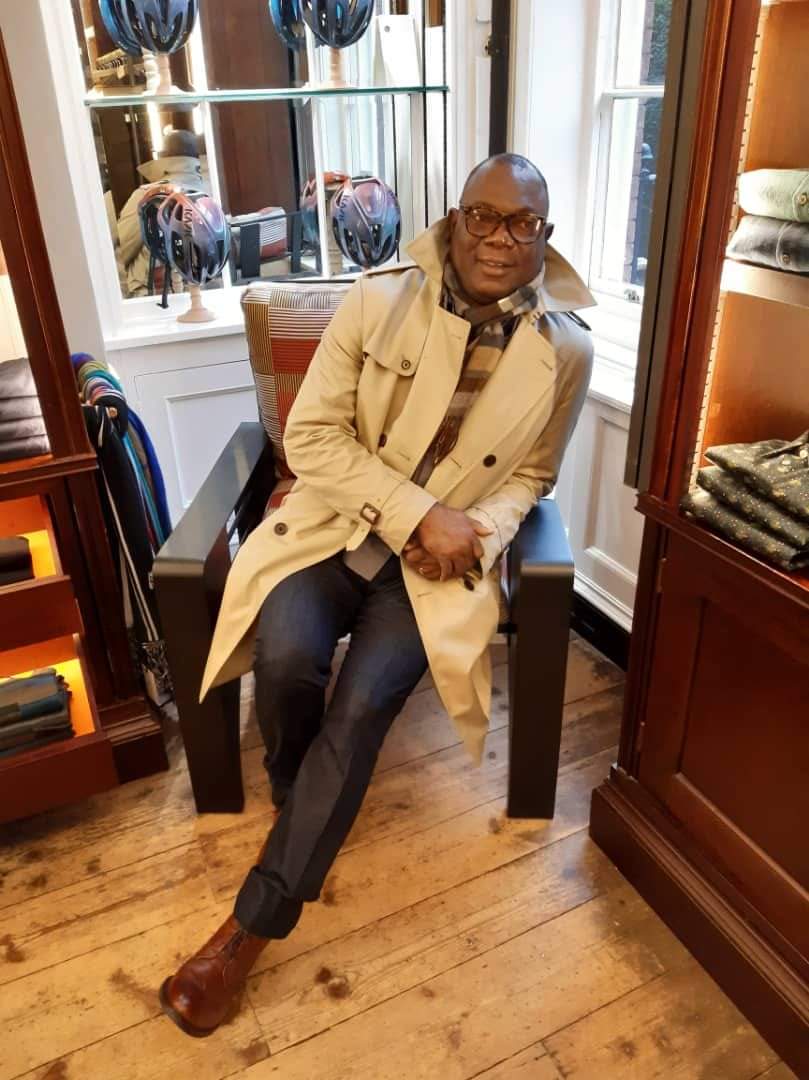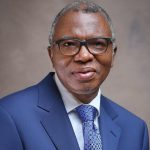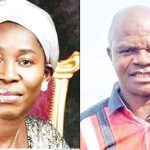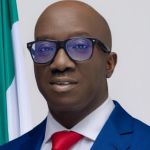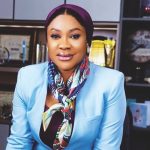...To get all news updates, Join our WhatsApp Group (Click Here)
Also Join our WhatsApp Channel (Click Here)
Let’s begin with Brioni today. And learn from the hugely successful Italian brand established in 1945 by two friends. The fashion house coveted by style cognoscenti has one of the most apt slogans we know: ‘to be one of a kind’.
‘To be one of a kind,’ unique and uncommon are the attributes of all human beings (when we deploy the traits that differentiate us, like our fingerprints prove).
And for style, those who constantly upgrade and elevate their duds and accessories acknowledge the importance of creating an exceptional, distinctive (but not flamboyant and loud) dress sense.
They fill their wardrobes with extraordinary winners that give them immeasurable pleasure. Their garments and all the pieces that elevate them heavenwards are objects of desire that amplify the best version of themselves.
So, to build a wardrobe that fits your personae, presents your best version, credits your account with regular dividends and high returns on investment is a meticulous and painstaking process. Forever appearing well-put-together—at work and at play, at home or out and about—demands a lot of smart thinking and action. Like the elongated shadow behind the luxury label Sofisticat, Mr Lanre Ogunlesi—whose role as a forerunner who cleared, toiled and paved the path legions are proud to prance on—constantly proclaims, ‘dressing well requires a lot of preparations.’
And here are some of the ways you can build a remarkable wardrobe without spending a fortune:
1. First, acknowledge and note the activities that are important to you.
a. How and where do you spend your week?
b. What’s the dress code at work?
c. How do your most successful partners, associates and colleagues dress?
d. How do you spend your evenings and weekends?
e. Which other activities dominate your calendar?
2. Priotise these activities.
Which engagements are crucial, that are important and improve your earnings (in the long run), dispense the greatest pleasure, boost your well-being and promote your mental health?
3. Analyse the one that takes up the most time.
Which engagement takes up the highest percentage of your time?
4. Now list the apparels that should populate the most engaging activities that improve your earnings and multiply your pleasure.
To build a special wardrobe demands enormous time, energy and resources. And the passion and will that surpass distraction and disappointment.
What you do—your profession and how you dress to earn your living—is paramount when you are building a wondrous wardrobe. The uniform of your occupation, the dress code permitted for your livelihood takes the prime spot. Since this engagement dominates your week (from five to six days), your wardrobe should be mostly filled with work clothes that should last for two weeks, at least—far more if your means permits—without repetition. If you master how to mix and match and coordinate, it’s possible to stretch the same items for many more days.
Also consider engagements that litter your evenings and weekends. The events you attend and places you worship, socialize and unwind. For these activities, start with a dozen ensembles, which you build gradually, and then expand later.
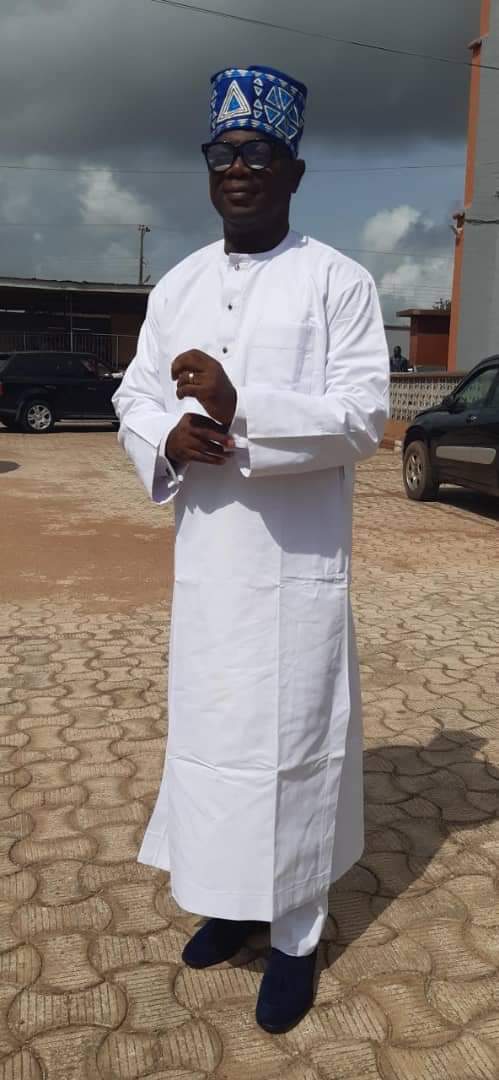
For these solemn moments, lively soirées and exciting shindigs you will require top notch attires that best represent who you are. More so, your worship ensembles—whatever faith you profess or conviction you cherish—should be the best you can afford in formal mode tilting to high elegance in consonance with what your leaders recommend.
For very special occasions, it might be best to make (get) new attires.
Before you begin assembling these togs, you should also:
*Decide where you want to perch on the style ladder: of course, towards the top of the Richter scale of elegance!
*Decide the style that warms your bosom, agrees with your persona and fits your pocket: from minimalist to the exuberantly joyful (without the gaudy factor)!
*Carefully pick tailors, designers and outlets that serve your style best. Take time to research and locate them in your town or farther afield.
Once you are clear about where you are going, do an audit of your current wardrobe and retain only items that fit your plans and aspirations. Discard everything else!
Choose clothes and accessories that work together (as interchangeable separates), complimentary colours and styles—and acquire heartwarming and exciting pieces for the wardrobe that will serve you for years.
Your wardrobe—to serve your objectives and take you far—should represent the slow fashion ethos. Classic, durable, ethically produced and sustainable fabrics in modes devoid of trends and what’s in vogue. And Brunello Cucinelli—the 70 year-old flag bearer of quiet luxury whose restoration efforts in Solomeo (Italy) is a ‘tribute to human dignity’—readily comes to mind.
Note: it takes time to build anything worthwhile (even if money was no object). Test what works unhurriedly, step by step and settle for what fits your future self. Upgrade as your knowledge increases and your pocket swells.
What’s more, you should take good care of your apparels. They will serve you better and longer. For example, don’t iron wool and delicate fabrics directly. Buy the most functional steam iron you can afford. You should also own a garment steamer. Don’t wear shoes two days in a row. Rotate! Stock shoe care products and use them.
Get a good, dependable and experienced dry cleaner and laundryman. Your clothes will thank you and serve you for years.
And don’t forget: dry clean your garments occasionally. The chemicals used in dry cleaning damage clothes. Instead, rotate, air, iron, steam, buff and polish your clothes and shoes— and keep them in breathable bags in cool spots.
You may also consider stylists or wardrobe consultants (they will save you time, energy and money eventually).
-Kunle Bakare for Omoluwabi by KB (19.04.2024)
You can get every of our news as soon as they drop on WhatsApp ...To get all news updates, Join our WhatsApp Group (Click Here)
Also Join our WhatsApp Channel (Click Here)



